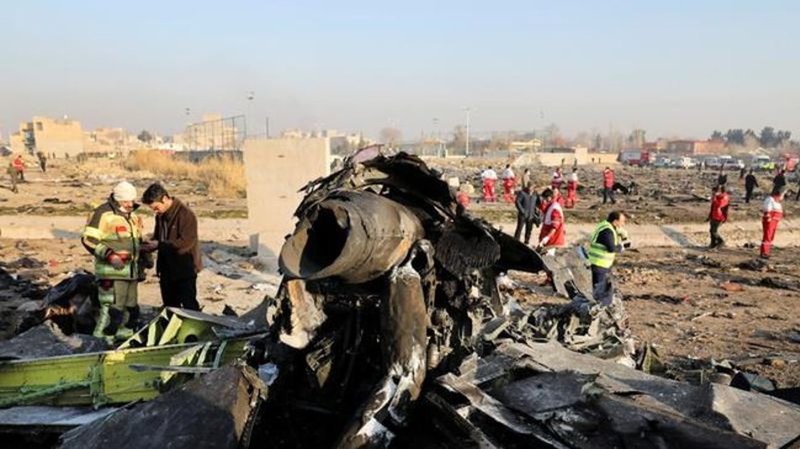
Iran allocates payment for downing Ukraine plane, but Ottawa says no offer yet
DUBAI, United Arab Emirates — Iran’s cabinet has created a compensation fund to pay the families of the 176 victims of a Ukrainian passenger plane that was shot down by Iranian forces outside Tehran last January, the president announced Wednesday.
Iran will pay $150,000 for each victim, state TV reported, without specifying a timeline for the awards. The announcement comes as the families of victims prepare to mark the anniversary of the Jan. 8 crash and diplomats from nations that lost citizens push Iran for more co-operation on the investigation and compensation issues.
Those killed included dozens of Canadian citizens and permanent residents, and many others with ties to Canadian universities.
The announcement seemed to take Canada by surprise.
